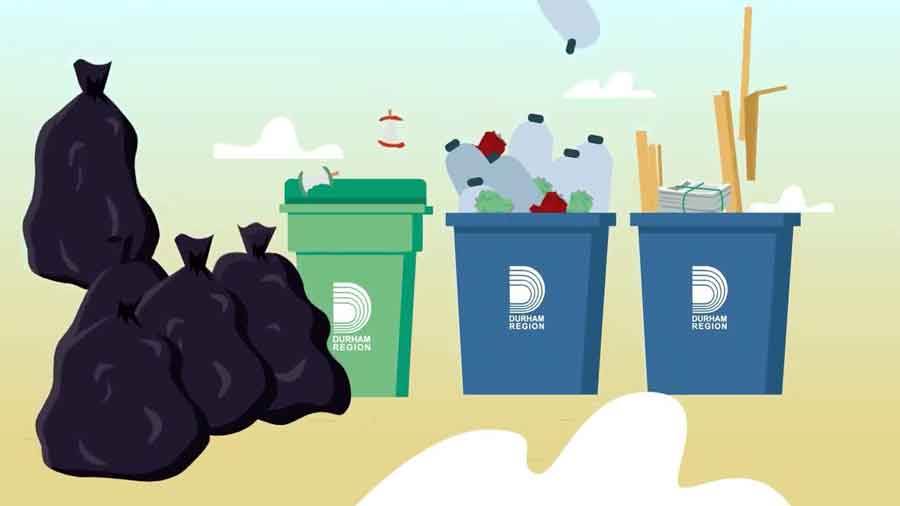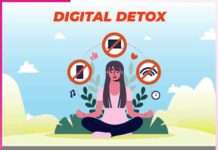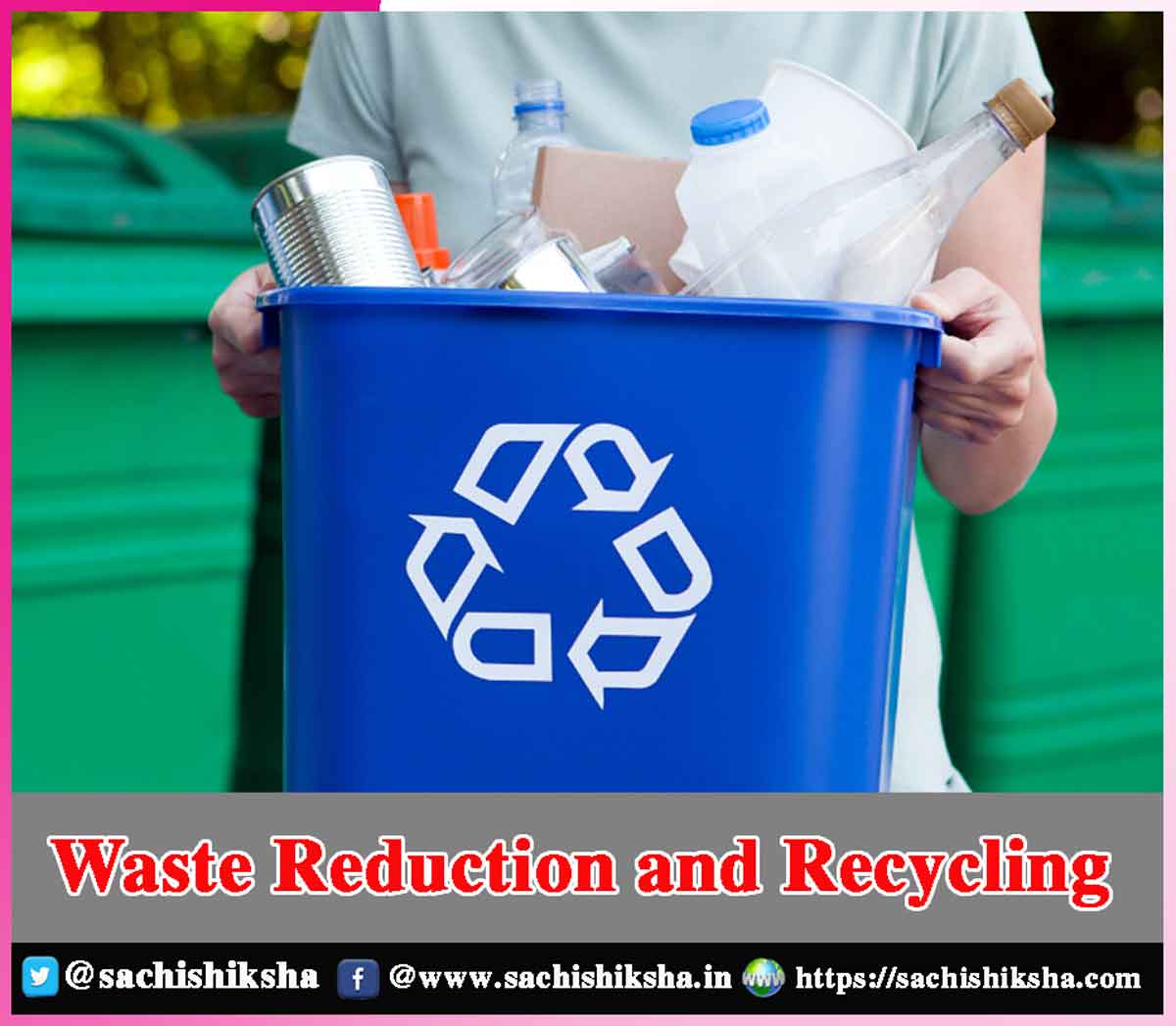Waste Reduction and Recycling
“The greatest threat to our planet is the belief that someone else will save it”
Introduction :Before getting into waste reduction, we must be aware of waste generation. Only when we understand about the main source, we will be able to rectify its effects. Global waste generation is the biggest threat as there are many varieties of waste generated every day in large amounts and each waste produced needs a different method of recycling or disposal. More than two billion metric tons of Municipal solid wastes are generated worldwide every year, and this figure is expected to increase by roughly 70% by 2050.
Table of Contents
Types of Waste

Individual Responsibility
So, besides the government doing their best to implement number of new policies and ideas to reduce waste production and proper disposal of industrial wastes, as an individual what are we going to do? The answer is simple. Start from your home. Be more conscious of the things you use and throw away.
For instance, you can carry your own steel glass and tiffin boxes with you in which you can pack rest of your food from a hotel instead of using the plastic boxes and bags they provide, carry a cloth bag along when you go for shopping, start utilizing composed pits for kitchen waste, keep an eye on how much you conserve energy by using the home appliances judiciously, try using public transports or carpooling.
Now the term carpool may be new for you. Carpooling is nothing but a group of people whose destination is either the same place or is located on the way, they can travel together in one car instead of using their own cars. This can be done in turns so that everyone in the group contributes equally. Carpooling can also save the travel expenses. This method is helpful for office and school going people. Even the smallest gesture like switching your lights off when you go out of your room and turning off the water taps in between the brushing your teeth instead of letting it flowing through out matters a lot!
Conserve the Natural Resources
Conserving the natural resources also help people to cost cut on the things they use on daily basis. Likely, there are houses which use solar energy instead of electricity. The investment made a rooftop Solar PV System is Rs 50,000 and it saves Rs 5000 on electricity bills every year. Few state governments like Tamil Nadu government are providing a scheme to the people of Tamil Nadu, named ‘On Grid Solar Systems.’ Under this scheme the government provides a subsidy of 30 percentage of the total cost of installation of the On Grid Solar System up to a maximum of Rs.25000 per kilowatt.
Besides the cost cutting, solar energy is eco-friendly and does not emit any kind of harmful gases or carbon which would eventually affect the ozone layer and leads to the depletion of ozone layer. It avoids the environmental damage associated with mining or drilling for fossil fuels. Furthermore, solar energy also uses little water, unlike power plants that generate electricity using steam turbines.
Eminent Influencers
And don’t worry if you feel lost because there are a number of influencers who are coming up with new ideas to make our environment eco-friendlier. We can here help you by mentioning few influencers whom you can follow to make your journey towards waste reduction and recycling easier.
Vani Murthy (@wormrani), a sixty-year-old influencer who is inspiring all the youngsters to compost and manage waste sustainably in urban spaces through her short and informative videos on Instagram; Aanya Gupta, a fashion influencer in India who promotes organic fashion brands; Natasha Shood, gives tips on how to adopt a more sustainable lifestyle which is a much needed guidance for the people. There are also a few other social media accounts like @dailydumpcompost, @skrap.zerowaste which will provide you information and tips on waste management.
Conclusion
We have to stop seeing nature and humans as two different ideologies, instead look at ourselves as a part of nature. This thought can make you realize the importance of waste management.












































